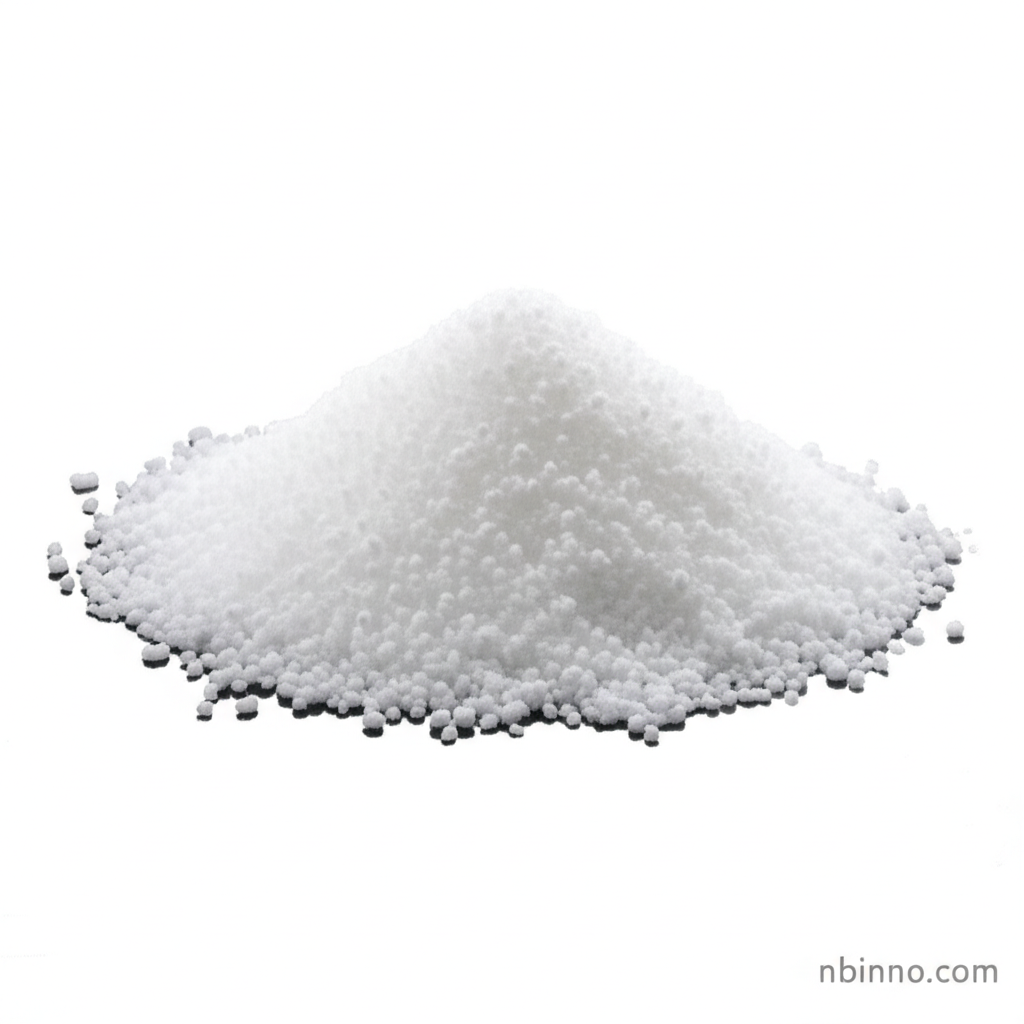Vitamin B1: Understanding Thiamine HCl & Mononitrate for Health and Nutrition
Explore the vital roles of Thiamine Hydrochloride and Thiamine Mononitrate in energy metabolism and nervous system health.
Get a Quote & SampleProduct Core Value

Thiamine HCl & Thiamine Mononitrate
Vitamin B1, encompassing both Thiamine Hydrochloride and Thiamine Mononitrate, is a crucial nutrient vital for cellular energy production and maintaining the health of the nervous system. It acts as a coenzyme in essential metabolic reactions, particularly those involving carbohydrates, ensuring the body efficiently converts food into energy.
- Understand the critical role of Vitamin B1 in carbohydrate metabolism, crucial for converting food into energy.
- Learn about the therapeutic uses of Thiamine Hydrochloride for treating conditions like beriberi and neuritis, addressing vitamin B1 deficiency.
- Discover how Thiamine Mononitrate serves as a stable form for food and feed fortification, enhancing nutritional content.
- Explore the pharmaceutical applications and quality specifications, including BP, EP, USP compliance, for both forms of Vitamin B1.
Key Advantages and Applications
Energy Metabolism Support
As a vital cofactor in energy-producing metabolic pathways, Vitamin B1 is indispensable for cellular function, supporting overall vitality and combating fatigue often associated with vitamin B1 deficiency treatment.
Nervous System Health
Thiamine plays a critical role in maintaining healthy nerve function. Its deficiency can lead to neurological issues, making adequate intake essential for cognitive function and preventing nerve damage, a key aspect of thiamine hydrochloride benefits.
Versatile Nutritional Supplementation
Both Thiamine HCl and Mononitrate are widely used as nutritional supplements, easily incorporated into daily routines to ensure sufficient intake and prevent deficiency symptoms.
Key Applications
Human Health and Nutrition
Primarily used as a dietary supplement to prevent and treat Vitamin B1 deficiency, supporting energy levels and neurological health. This is a key area when considering buy thiamine mononitrate.
Animal Feed Additives
Incorporated into animal feed to promote growth and overall health, ensuring livestock receive essential nutrients. This highlights the use of thiamine hydrochloride for animals.
Food Fortification
Added to various food products like cereals, flours, and baked goods to increase their nutritional value, contributing to public health initiatives. This is relevant for understanding food grade thiamine mononitrate.
Pharmaceutical Manufacturing
Serves as an active pharmaceutical ingredient or intermediate in the production of medications aimed at treating specific deficiency-related disorders, important for those seeking pharmaceutical grade thiamine hydrochloride.
